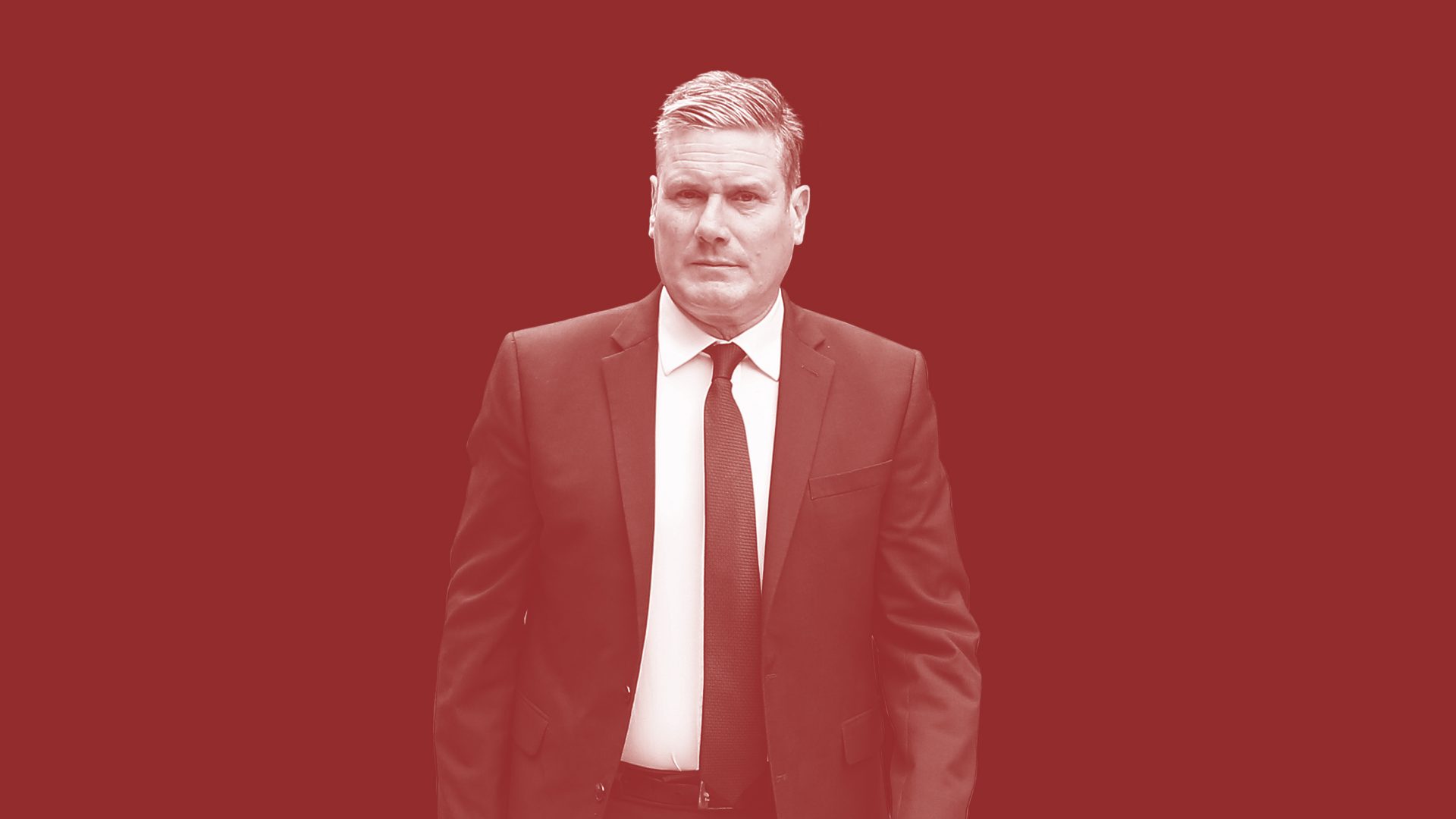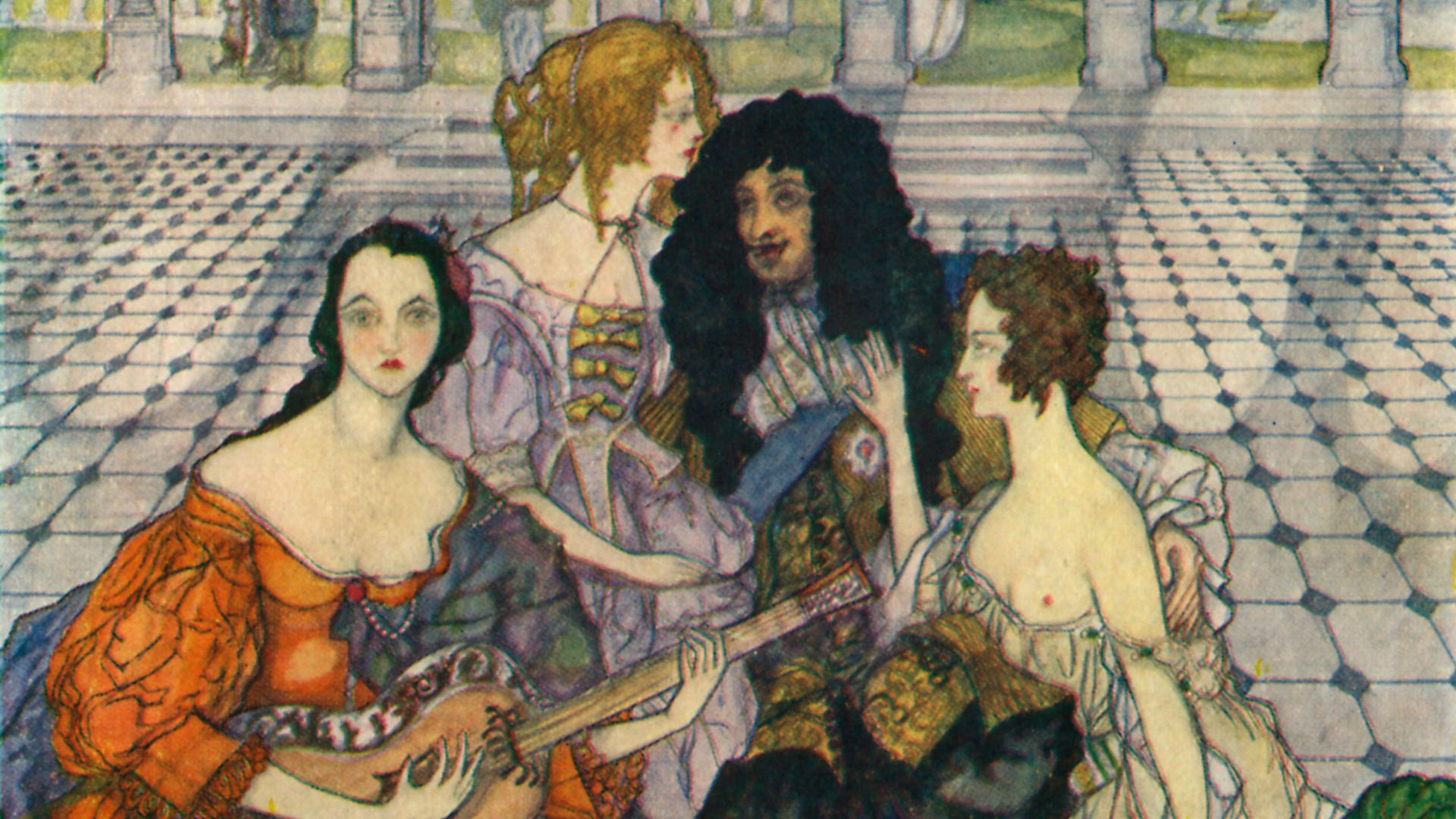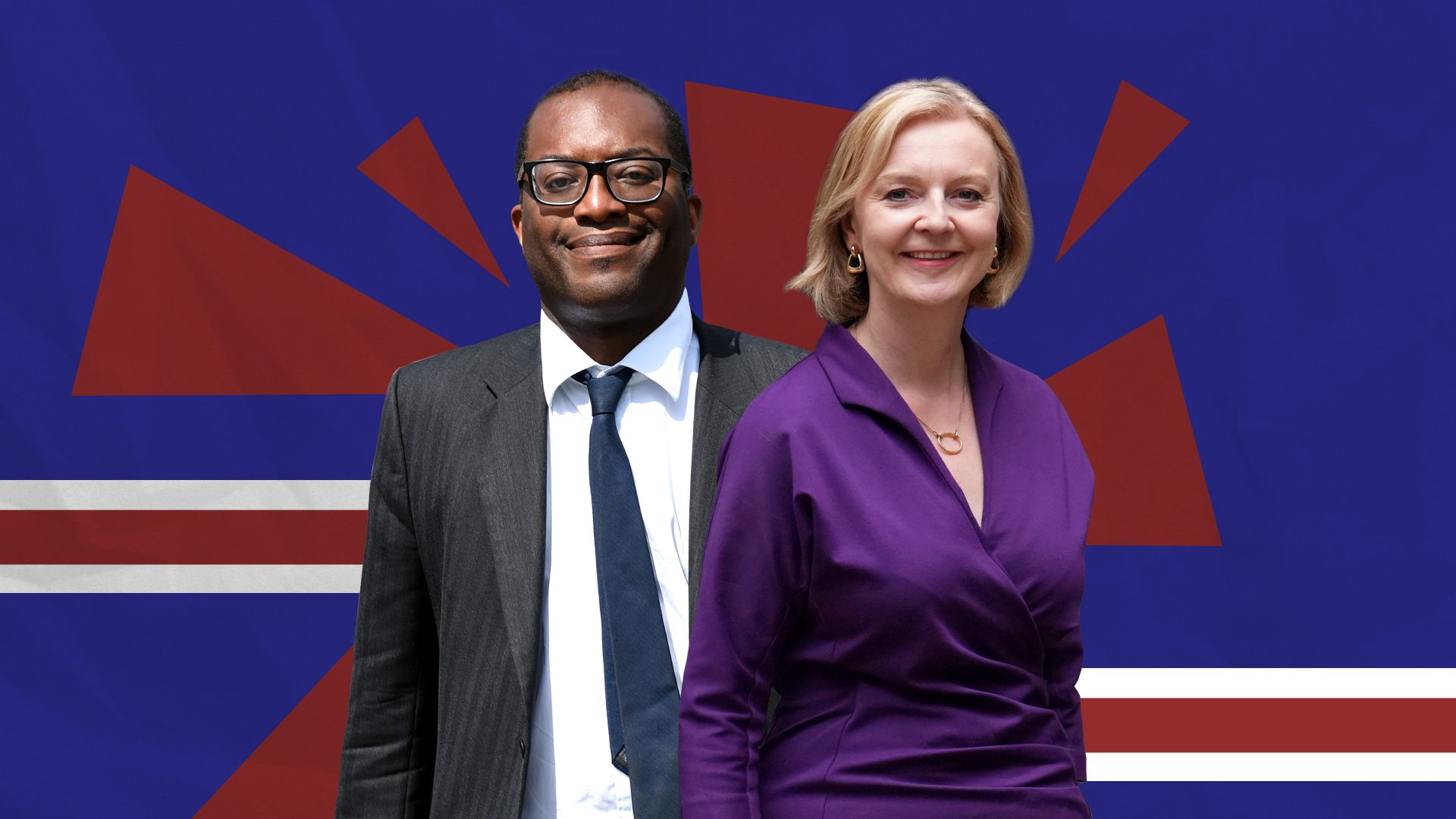You can expect that headlines will be made – at least in the Brexit true believer Mail and Express – when Richard Corbett, the former leader of Labour’s MEPs, calls for the party to commit itself to a return to the EU’s single market during next week’s Labour Party conference in Liverpool.
Corbett may even call for Labour to pledge to scrap Brexit altogether. But Keir Starmer isn’t going to do either. He thinks the electoral consequences could be disastrous.
“Under Labour, Britain will not go back into the EU. We will not be joining the single market. We will not be joining a customs union,” he told the Centre for European Reform (CER) in July.
Labour’s caution on Europe extends so widely that members of Starmer’s shadow cabinet are even under instructions to keep their visits to Brussels, Paris and Berlin secret, for fear of photographs emerging that can be presented by the Mail and the Express as Labour grovelling to the hated Europeans.
But, discreetly, there have been a lot of these visits. Starmer’s people are sure that the post-Brexit faultlines in Britain’s relationship with the EU can all be amicably resolved, if there is a British government with the will to resolve them. They think the EU has been given no incentive by Boris Johnson and Liz Truss to try to find a solution. All they get is megaphone diplomacy, grandstanding aimed at the foreigner-hating section of the British electorate. Why would they bother to be flexible, when they are dealing with a government that believes its popularity relies on abusing them? There is no reward in terms of an improved relationship. So they may as well dig their heels in.
Starmer’s team wants to arrive in government with a relationship of trust that will enable them to solve the remaining Brexit problems quickly. So they were delighted with the July 15 tweet from the German chancellor, Olaf Scholz: “Thank you @keir_ starmer for visiting Berlin today. I am convinced: together we can and will manage the challenges and embrace the opportunities we all face. In #Germany, in the #UK and all over Europe.”
On April 4, the shadow international trade minister, Nick Thomas-Symonds, visited President Macron’s trade minister, Roland Lescure, at the Assemblée Nationale.
This is one of the rare meetings the shadow cabinet admits to, and even then only after it happened: Thomas-Symonds, who also chairs the shadow cabinet’s Make Brexit Work committee, posted a photograph on Twitter.
Starmer’s appointment of Mark Simpson as his international adviser is significant. Simpson is an old Brussels hand: adviser to several Labour MEPs, he also worked for the Labour group of MEPs, and is still a regular and well-liked visitor to the Belgian capital.
The thorniest problem is the Northern Ireland Protocol, and the fact that if you check goods at the border with the Irish Republic, you infuriate one side in Northern Ireland, and if you check them at the port, you make the other side incandescent. Brexit threatens to ignite the Northern Ireland conflict again.
Individual ministers have made it worse than it need be, for their own gain, say Labour top brass. They point out that Liz Truss as foreign secretary took the problem out of the Northern Ireland office, where it logically belongs, and into the Foreign Office, where she could use it to pose as the champion of British liberties against the tyrants of Brussels.
Starmer worries that Truss may now make his legacy even more problematic by triggering Article 16.
But he also thinks there is no such thing as a conflict without a solution. Starmer’s political hero is Harold Wilson, about whom Thomas-Symonds has just written a well-received biography. Wilson was derided in Tory circles for his “beer and sandwiches” approach to industrial relations, but beer and sandwiches is a metaphor for getting both sides into a room and keeping them there until they find a way to agree, which is exactly what Starmer wants to do.
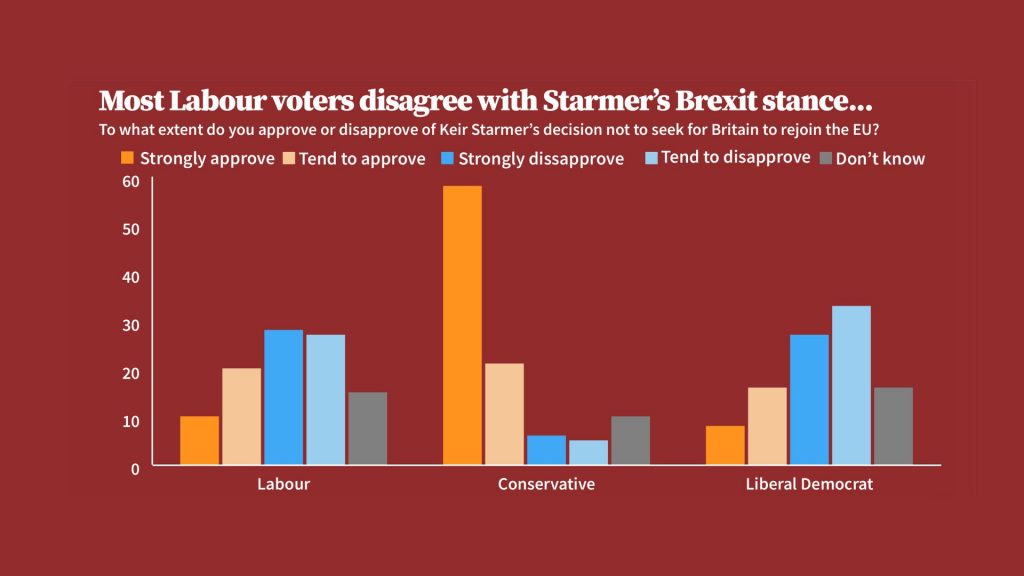
Here’s Labour’s thinking: most goods can be exempted from checks anyway. For the few that remain, it cannot be beyond the wit of man to find a way of checking them away from any border. It won’t be elegant, or problem-free, but all sides, in London and Belfast, in Dublin and Brussels, will be able to live with it and smile at each other again.
Without solving this problem, nothing else works. Starmer and Thomas-Symonds met congressman Richard Neal when he led the US delegation to Northern Ireland in May, and Neal made it clear that as long as the British government is threatening the Northern Ireland Protocol, there is no chance of a trade deal with the Biden administration.
Starmer wants to apply the same approach to refugees in small boats in the Channel. The French government takes the view that this is Britain’s problem, made worse by Britain’s decision to leave the EU. The solution, say Starmer’s people, requires a new and better relationship with France, bringing in Belgium, and putting resources into disrupting people trafficking long before it gets to northern France.
A Labour government, Starmer told the CER, will also “eliminate most border checks created by the Tory Brexit deal with a new veterinary agreement for agri-products between the UK and EU.”
It cannot deliver frictionless trade, but it can tear down some barriers, getting rid of what he called the “fatberg” of red tape and bureaucracy created by the Tory Brexit arrangements. It can revive the mutual recognition of professional qualifications we used to have in the EU, and it can revive security cooperation with Europe, sharing data and intelligence as we used to do.
All this falls far short of what folk like Corbett want to see, and they will be lobbying in Liverpool for something a lot more radical. At a European Movement fringe meeting, Corbett will say that Starmer has misread the polling evidence.
A majority now think Brexit was a mistake – 53% to 35%. At the 2019 general election, Labour lost more support to the parties seen as being vigorous in their opposition to Brexit (the Greens, the SNP, the Lib Dems and Plaid Cymru) than it did to the Conservatives. Even in the so-called Red Wall, Labour lost nearly a dozen seats to the Tories by a smaller margin than the number of votes lost to such parties.
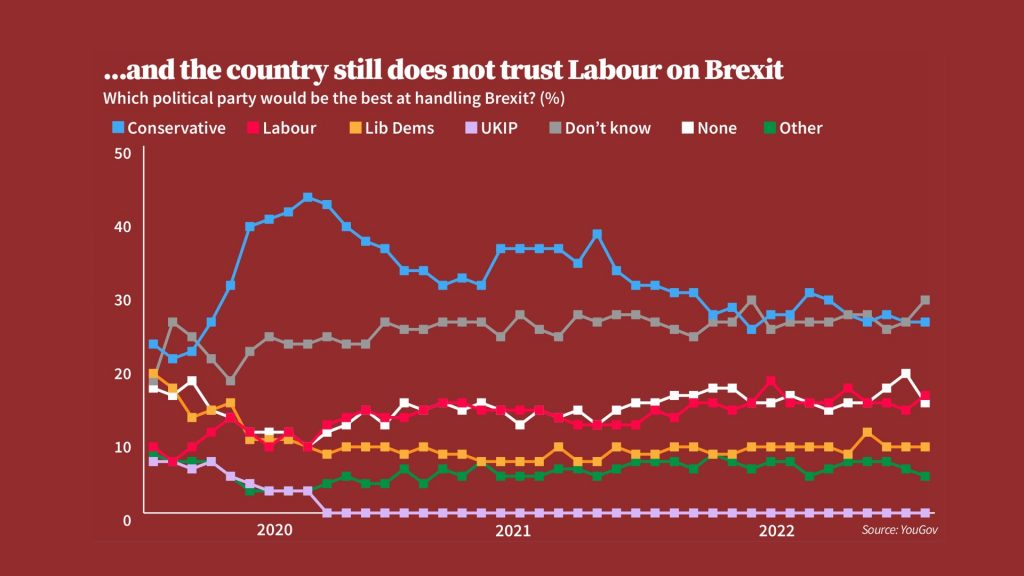
It’s the breakdown of an old alliance. In the run-up to the 2019 general election, Starmer and Corbett stood shoulder to shoulder against the vacillation and equivocation of Jeremy Corbyn on Europe. What has happened is that Starmer thinks the battle over Brexit is conclusively lost, at least for the foreseeable future. Corbett is sure it is not.
Starmer, like Tony Blair before him, worries about what the Mail and the Express will do – though the truth is that they will do it anyway, and a cautious approach on Europe will not stop them.
On September 6 the Express began a story with these chilling words: “Brexit tensions between the UK and EU could see Brussels deploy a plan to hit the Conservative Party’s election hopes, an expert has warned.”
You have to wait until the end of the story to find out what this sensational charge is based on. Apparently it comes from an interview with Anand Menon, director of the UK In A Changing Europe think tank, who is quoted as saying: “My guess, and it’s a guess, is there are probably some Red Wall Tory-held marginals that export stuff to the EU and they will slap tariffs on those.” It’s based on Menon’s “guess” that there are “probably” Red Wall seats that export “stuff”.
The Mail and the Express will do what they will do. Short of the sort of pilgrimage Tony Blair made to the heart of the Murdoch empire before the 1997 election, nothing will stop them.
Still, you can understand Starmer not wanting to give them more ammunition than necessary. He is taking baby steps on Europe, as with everything else he touches. He believes the Tories have done so much damage that Labour’s first task in government has to be to run a kind of political ambulance service.
So, as he sees it, his first duty is to say nothing that could lead to a further disastrous mandate for a Truss government – hence Starmer’s constant need to keep finding new ways of saying “I am not Jeremy Corbyn”.
The hawk in Starmer’s office is the communications director and former Blair adviser Matthew Doyle, and nothing that looks too radical escapes his vigilance. Which is fine, so long as this is not the limit of Labour’s ambitions.
Many of us who, in the end, were bitterly critical of the Blair government started out understanding why he wanted to put forward only ultra-cautious proposals. Our complaint was that, in the end, those ultra-cautious steps turned out to be the limit of Blair’s ambitions.
I like to hope Keir Starmer has in the back of his mind that one day, perhaps after a second election victory, he might be able to stop putting sticking plasters on our national wounds and start repairing them instead.
Francis Beckett’s play, Clement Attlee, will be at Liverpool’s Epstein Theatre during the Labour Party conference

